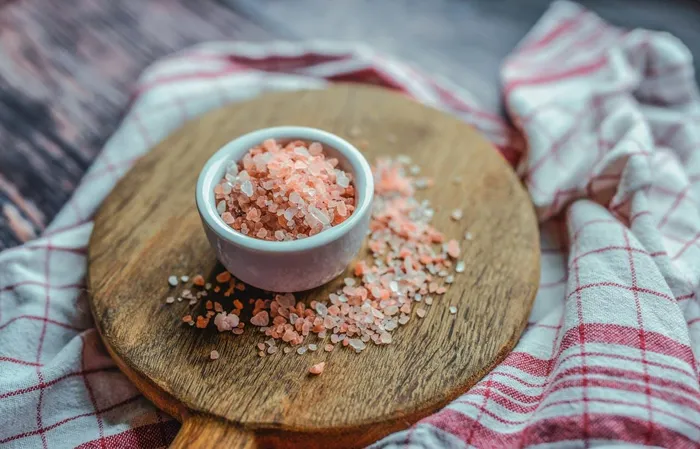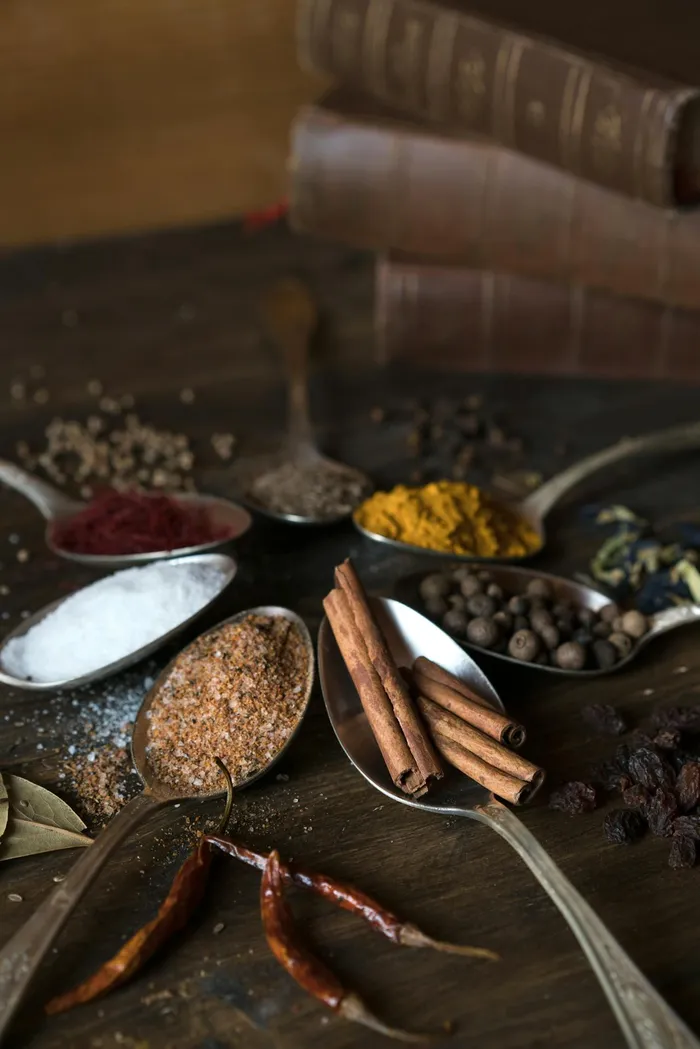Salty tastes, serious risks: how cutting back on salt can save your life
HEALTH

The World Health Organisation (WHO) recommends consuming no more than 5 grams of salt per day, roughly a teaspoon.
Image: Monicore/Pexels
Salt is the secret ingredient that brings our favourite meals to life.
From the comforting aroma of a potjie stewing on the fire to the irresistible bite of ikota, South Africans love flavour, and salt often takes centre stage.
But behind the savoury delight lies a silent threat that could be putting your health and even your life at risk.
This May Measurement Month, health experts are calling on South Africans to take a closer look at their salt consumption.
Hypertension (high blood pressure) is one of the leading health challenges in the country, yet many remain unaware of its dangers.
A large proportion of those with hypertension in SA remain undiagnosed, with estimates ranging from 46% to 50% unaware, according to the Heart and Stroke Foundation, leaving them vulnerable to serious health complications.
But what does salt have to do with this? A lot.
Studies show that excessive salt intake is a major contributor to high blood pressure, which, in turn, significantly increases the risk of cardiovascular diseases (CVD), SA’s second leading cause of death.
But behind the savoury delight lies a silent threat that could be putting your health and even your life at risk.
This May Measurement Month, health experts are calling on South Africans to take a closer look at their salt consumption.
Hypertension (high blood pressure) is one of the leading health challenges in the country, yet many remain unaware of its dangers.
A large proportion of those with hypertension in SA remain undiagnosed, with estimates ranging from 46% to 50% unaware, according to the Heart and Stroke Foundation, leaving them vulnerable to serious health complications.
But what does salt have to do with this? A lot.
Studies show that excessive salt intake is a major contributor to high blood pressure, which, in turn, significantly increases the risk of cardiovascular diseases (CVD), SA’s second leading cause of death.

Experiment with herbs, garlic, ginger, basil, and paprika to add flavour without relying on salt.
Image: ArtHouse Studio/Pexels
Here are five lifesaving reasons why reducing your salt intake may be the best health decision you make this year.
Reduce the risk of cardiovascular diseases
Eating too much salt raises your blood pressure, putting strain on your heart and blood vessels.
Over time, this can lead to severe complications like heart attacks and strokes, two of the most common causes of death worldwide.
In SA, CVD remains a leading cause of mortality. And the numbers don’t lie: high blood pressure is responsible for nearly 13% of all deaths globally.
By cutting back on salt, you can lower your blood pressure and, with it, your risk of heart disease, such as heart attack, stroke, heart failure, and various conditions like arrhythmias and heart valve problems( basically any heart problems).
Reduce the risk of kidney disease
Our kidneys play a crucial role in filtering excess fluids and waste from our blood.
Too much salt disrupts this process, causing your body to retain water, which puts added pressure on your kidneys.
Over time, this can lead to kidney damage or even kidney failure.
Protect your bones from osteoporosis
Excessive salt intake increases calcium loss through urine, which can lead to reduced bone density over time.
This increases the risk of osteoporosis, a condition where bones become brittle and prone to fractures.
For many South Africans, especially women over 50 years, who are at higher risk, a low-salt diet combined with calcium-rich foods like dairy, leafy greens, and fortified cereals can help maintain strong, healthy bones.
Reduce your risk of stomach cancer
Research has linked high salt consumption to an increased risk of gastric cancer.
Salt damages the stomach lining and can contribute to the growth of harmful bacteria, such as Helicobacter pylori, which is known to cause stomach ulcers and, in some cases, cancer.
Given that stomach cancer often develops silently and is diagnosed at advanced stages, prevention is crucial.
Opting for fresh, whole foods rather than heavily processed, salty snacks is a simple yet effective way to lower your risk.
Improve your overall quality of life
High blood pressure, driven by excess salt, doesn’t just increase the risk of life-threatening conditions, it can also reduce your overall quality of life.
Symptoms like early morning headaches, nosebleeds, irregular heart rhythms, and vision changes can disrupt your daily routine.
Left unmanaged, hypertension can lead to chronic fatigue, cognitive decline, and even dementia.
The World Health Organisation (WHO) recommends consuming no more than 5 grams of salt per day, roughly a teaspoon.
Yet, studies show that most adults consume double this amount, often without realising it.
Hidden salts in processed foods like bread, instant noodles, and sauces are major culprits.
How to start reducing your salt intake:
- Check the sodium content in packaged foods and opt for low-sodium alternatives.
- Preparing meals from scratch gives you control over how much salt goes into your food.
- Experiment with herbs, garlic, ginger, basil, and paprika to add flavour without relying on salt.
- Swap processed foods for wholesome foods like fresh fruits, nuts, or unsalted popcorn.
- Taste before you add salt.
SA has made strides in addressing this issue; in 2013, it became the first African nation to pass legislation regulating sodium levels in processed foods. Setting limits for bread, margarine, and other staples.
While this legislation has helped reduce overall sodium consumption, the fight isn’t over.
Many South Africans still exceed the recommended daily intake, highlighting the need for continued public awareness and individual responsibility.
Related Topics:
